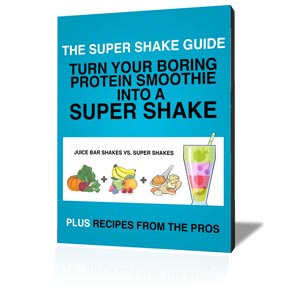If you want to stir up controversy in the health and wellness industry just bring up the topic of protein consumption. How much protein is too much? Too little? In one camp you have those advocating plant based diets with about 10% of your daily calories from protein. In the other, you have those who say the more protein the better, sometimes recommending 40% or more of your daily calories from protein. Both sides are passionate and with good reason.
As you know I am a vegetarian. Therefore, I am all for a diet that is mostly plant based. I think meat, particularly the factory farm raised meat products that most people eat, and its over-consumption can be traced to a lot of the health problems we face today. The hormones injected into commercial meats may be causing young girls to mature faster. Antibiotics injected into feed lot cows may be linked to antibiotic resistant germs.
A recent American Institute of Cancer Research report links red meat to a 15-21% increase in colon cancer. Meat is also more expensive than plant based forms of protein like beans, lentils and tofu. While I don’t begrudge clients their meat, I also encourage them to include other sources of protein in their daily diet.
This does not, however, put me in the low protein diet camp. In fact, a client or two have actually put me in the high protein camp. That’s an easy assumption to make when I am telling clients to get some form of lean protein at every meal and they are used to a very carbohydrate focused diet. When we start looking at macronutrient ratios I generally recommend about 25% of calories from protein to start (a number well within the USDA recommended range of 10-35% of daily calories from protein).
I focus on protein intake for a couple of reasons:
- Protein is essential for anyone leading an active lifestyle. It’s not just important for muscle building activity but also iron and oxygen transportation and maintaining fluid balance.
- Protein is also an important key in a fat loss program. The digestion of protein takes longer than carbohydrates, thus increasing satiety, and has a higher degree of thermogenesis (up to 30% of protein calories consumed are burned in the digestive process).
Once I lay out my logic and get a client eating a more balanced diet, getting good quality protein over the course of the day, they start feeling better and seeing better results. The protein keeps them feeling fuller longer than their carb overloaded breakfasts and lunches, thus helping to prevent some of the dinner time and late night eating issues many of them face.
My top tips to help get adequate protein consumption:
- Learn your good sources of protein. I make a list for beginners that includes foods like egg whites, beans, tofu, Greek yogurt and cottage cheese.
- Make it easy. Hard boil a dozen eggs in advance or buy tuna in water packets that are ready to grab and go.
- Read labels. Even the same food item can differ by brand. A great example is Greek Yogurt. Greek Gods brand only has 6 g of protein per serving while Chobani has 14 g.
- Add beans to almost anything. Seriously. You can add them to canned soups, salads, omelets, even brownies. You’ll add protein and fiber (another friend when it comes to feeling full).
Bottom line, don’t be scared of protein. It’s essential for good health and repairing an active body. But just like anything else, balance and moderation are key. Pair that lean protein with fibrous veggies, whole grains and delicious fruits.



